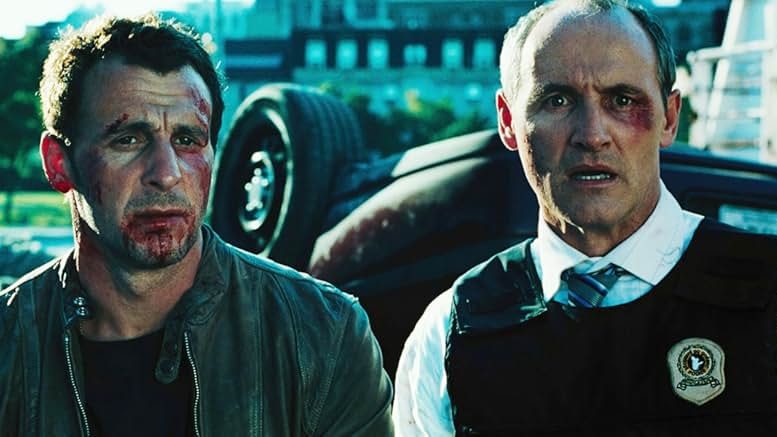Quebec and the rest of Canada have been at odds for many years over issues such as Quebec separatism and perceived encroachment by Canada on the only francophone-majority jurisdiction in North America. More recently, the Quebec government has made amendments to toughen existing language laws to further protect the province’s French heritage.
These changes have sparked numerous protests throughout Quebec, drawing pushback from businesses and individuals alike. Some have even coined the term “language war” to describe the situation. All of this led me to wonder — can anglophones and francophones in Quebec and Canada ever set aside their age-old rivalry?
In my search for answers, I was reminded of the 2006 Canadian thriller-comedy Bon Cop, Bad Cop, a movie about two police officers forced to work together to solve a series of murders in Ontario and Quebec.
The movie explores linguistic and cultural differences between the provinces while also touching on Canadian themes like hockey. It is one of the best examples of bilingual films in recent Canadian film history, winning seven awards and earning 22 award nominations.
In the film, Martin Ward (Colm Feore), a well-dressed and stern anglophone detective from Ontario, is ordered to solve the murders with David Bouchard (Patrick Huard), a rugged, younger francophone detective from Quebec who constantly breaks protocol.
Spoiler alert — The victims were all involved with selling Canadian and Quebecois hockey teams to the U.S. and then were killed by a disgruntled hockey fan.
At the start of the film, the two detectives clash. David is determined to use his own methods — breaking into houses and throwing suspects into his car trunk. This frustrates Martin, who insists on following rules and protocol. Although both detectives are fully bilingual, they even argue over which language to use, staying true to the rivalry.
However, as the murders continue and the gravity of the case becomes apparent, David and Martin begin to bond. They find common ground in their shared experiences as divorced fathers to rebellious teenagers.
Facing dangerous situations, the two narrowly save each other from death several times. I enjoyed watching the film because of its nail-biting fight scenes, but also because it is fully committed to the art of physical and absurd comedy.
As the title’s bilingual play on the phrase “good cop, bad cop” suggests, the dialogue constantly bounces back and forth between English and French. I was amazed by the actors’ ability to switch between the two languages seamlessly, sometimes in the middle of a conversation or sentence.
One memorable scene has David teaching Martin the art of “les sacres” — Quebecois profanities — while wrestling an uncooperative suspect. As someone interested in languages, Quebec French is certainly a fascinating dialect — it preserves many words and phrases that are now obsolete in France, and has a distinct, musical accent.
Given the historic contention between francophone Quebec and anglophone-majority Canada, it is sometimes fun to find elements that unite the rivals, like hockey in this instance. Though Bon Cop, Bad Cop might be considered outdated by today’s standards, it is successful in using absurdist humour and banter to relieve tensions that continue into the modern day.



